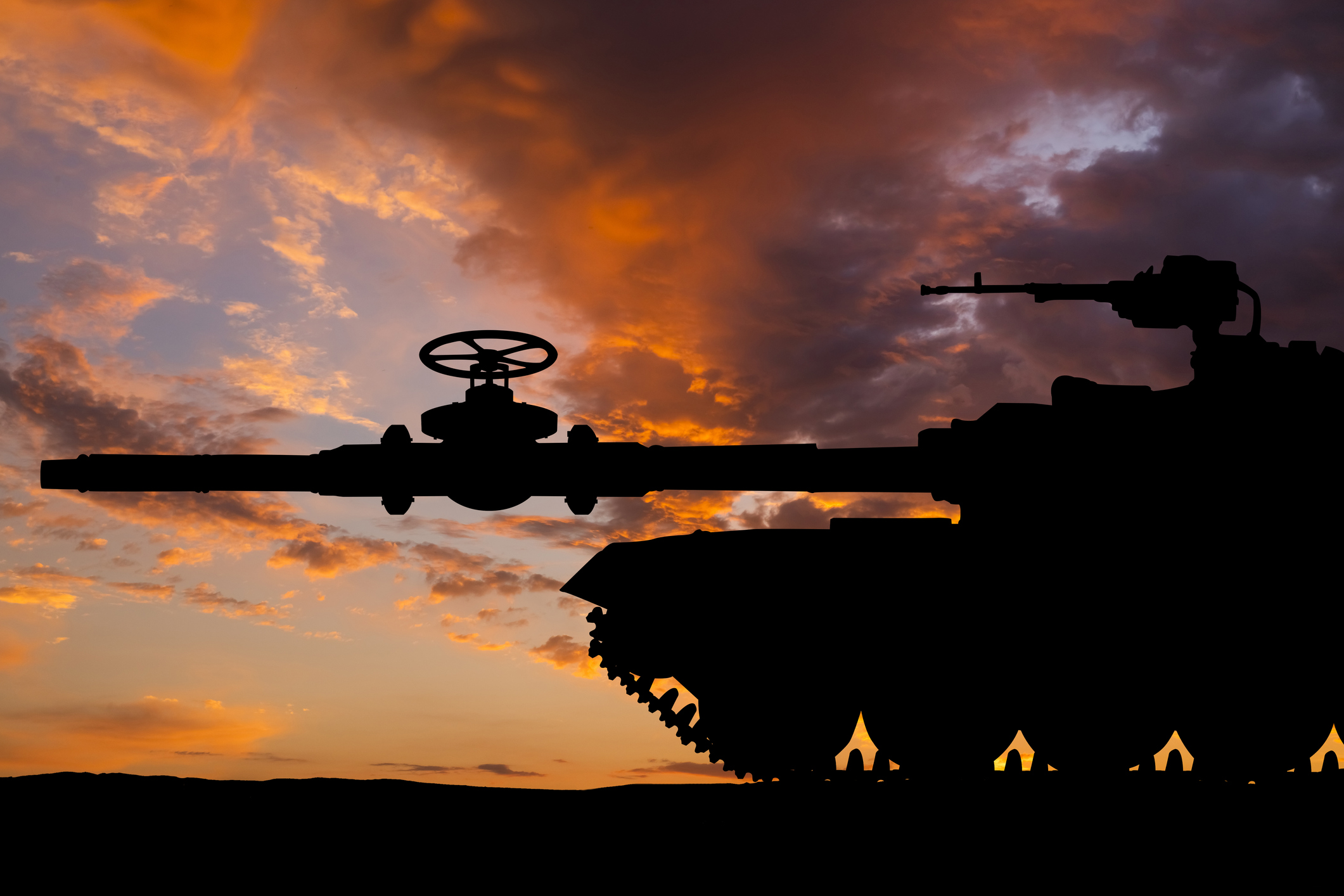Russia said on Tuesday its troops had started the second stage of drills to practise the deployment of tactical nuclear weapons alongside Belarusian troops after what Moscow said were threats from Western powers.
Russia says the United States and its European allies are pushing the world to the brink of nuclear confrontation by giving Ukraine billions of dollars worth of weapons, some of which are being used against Russian territory.
Since sending thousands of troops into Ukraine on Feb. 24 2022, President Vladimir Putin has repeatedly said Russia could use nuclear weapons to defend itself in extreme situations, comments that the West has dismissed as sabre-rattling.
Russia last month explicitly linked the nuclear drills ordered by Putin to what it said were “provocative statements and threats by certain Western officials against the Russian Federation”.
In the first stage of the drills, Russian troops trained how to arm and deploy Iskander missiles, while the air force trained how to arm Kinzhal hypersonic missiles.
The second stage, announced on Tuesday, involved working out joint training of Russian and Belarusian units “for the combat use of non-strategic nuclear weapons”, the defence ministry said.
“The situation on the European continent is quite tense, which is provoked every day by new decisions and actions of European capitals hostile to Russia, and above all by Washington,” Kremlin spokesman Dmitry Peskov said when asked about the drills.
“Therefore, of course, such exercises and maintaining combat readiness are very important for us.”
In footage released by the defence ministry, an Iskander missile system was shown being driven into a field and the missiles were raised. Also shown were MiG-31 supersonic interceptors carrying Kinzhal missiles, and Tupolev Tu-22M3 long-range supersonic bombers.
Putin said on Friday Russia had no need to use nuclear weapons to secure victory in Ukraine, the Kremlin’s strongest signal to date that Europe’s deadliest conflict since World War Two will not escalate into a nuclear war.
Putin also said he did not rule out changes to Russia’s nuclear doctrine, which sets out the conditions under which such weapons could be used.
NUCLEAR RISKS
The United States says it has seen no change to Russia’s strategic posture, though senior intelligence officials say they have to take Moscow’s remarks about nuclear weapons seriously.
Russia and the United States are by far the world’s biggest nuclear powers, holding about 88% of the world’s nuclear weapons, according to the Federation of American Scientists.
“Tactical nuclear weapons” are designed for use on a battlefield, so they are generally less powerful than strategic nuclear weapons,which could destroy entire cities.
The United States has about 100 non-strategic B61 nuclear weapons deployed in five European countries – Italy, Germany, Turkey, Belgium and the Netherlands, according to the Bulletin of the Atomic Scientists. The U.S. has another 100 such weapons within its borders.
Russia has about 1,558 non-strategic nuclear warheads, though arms control experts say it is very difficult to say just how many there are due to secrecy.
Putin said last week that many of Russia’s tactical nuclear weapons were 70-75 kilotons of explosive power – around five times the size of the U.S. nuclear bomb dropped on the Japanese city of Hiroshima on Aug. 6, 1945.
A senior White House aide said last Friday that the U.S. might have to deploy more strategic nuclear weapons in coming years to deter growing threats from Russia, China and others.
(Reuters)














